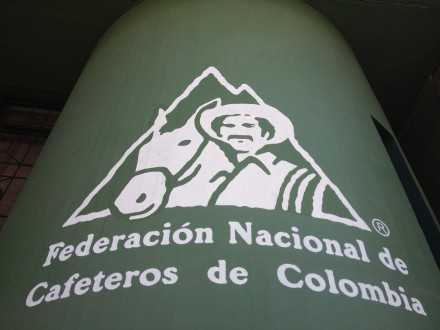BOGOTA, Colombia — To improve agricultural and business practices and increase productivity, IDH, the Sustainable Trade Initiative brought together the civil society, corporate and finance world for the first time.
These parties united to explore new financing models to pay for rehabilitation and renovation of smallholder farmer perennial crops; such as cocoa, coffee, tea and palm oil.
With the R&R Innovation Forum as a premier, 110 corporates, civil society and finance organizations got together to discover new ways of financing smallholder tree crops, and how they can join forces.
In addition, they discussed rehabilitation and renovation (R&R) projects, recent innovations across geographies and crops and main bottlenecks.
Some 7 million smallholder farmers and about 14 million hectares of land harvested by smallholders for cocoa, coffee, palm oil and tea worldwide would benefit from R&R.
To address the underlying demand for R&R in these four crops today a $20bn of financing would be required, rising to $100bn to fully fund these projects over the next 25 years, according to IDH the Sustainable Trade Initiative.
The Colombian Coffee Growers Federation (FNC) was highlighted at the R&R Innovation Forum in Amsterdam, as an important case study in the IDH Rehabilitation & Renovation (R&R) Study of crop trees in cocoa, coffee, palm oil.
The FNC’s Permanency, Sustainability and Future (PSF) Program served as a best practice in this study, which aimed to analyze existing R&R schemes for smallholder tree crop farming to get insight into the best approach, potential challenges and solutions for ensuring success.
The FNC’s Permanency, Sustainability & Future program was acknowledged for its success in increasing the productivity of smallholders by supporting their renovation processes.
The FNC has played an integral role in adapting existing agricultural techniques through a replanting and rejuvenation initiative.
This program, which has renewed 3.2 billion trees throughout Colombia, has become a reference and case study on how institutions can achieve positive change to overcome issues such as climate variability induced difficulties and coffee leaf rust epidemics.
“We have a unique and successful case among the studies: FNC and the coffee renovation program in Colombia is the one with evidence of yield improvement, it showcases how a strong organization in a well establish public — private partnership with the Government can transform the productivity of an entire country while working with small producers,” said Lucian Peppelenbos, Director, Learning and Innovation at IDH.
“It is an honor to be commended for our efforts through the IDH R&R Study. The FNC has embedded environmental, social and financial sustainability into our business model to protect the future of the industry and the well-being of the coffee growers,” said Adriana Mejia C, Director Europe FNC at the R&R Innovation Forum in Amsterdam.
This recognition in the IDH study further validates the FNC’s role as a forward-thinking, innovative institution that continues to place sustainability and the livelihood of Colombian coffee growers at top of mind.
The PSF program is just one of the FNC’s many sustainable initiatives that can be used as a global reference that can be applied across industries.

















